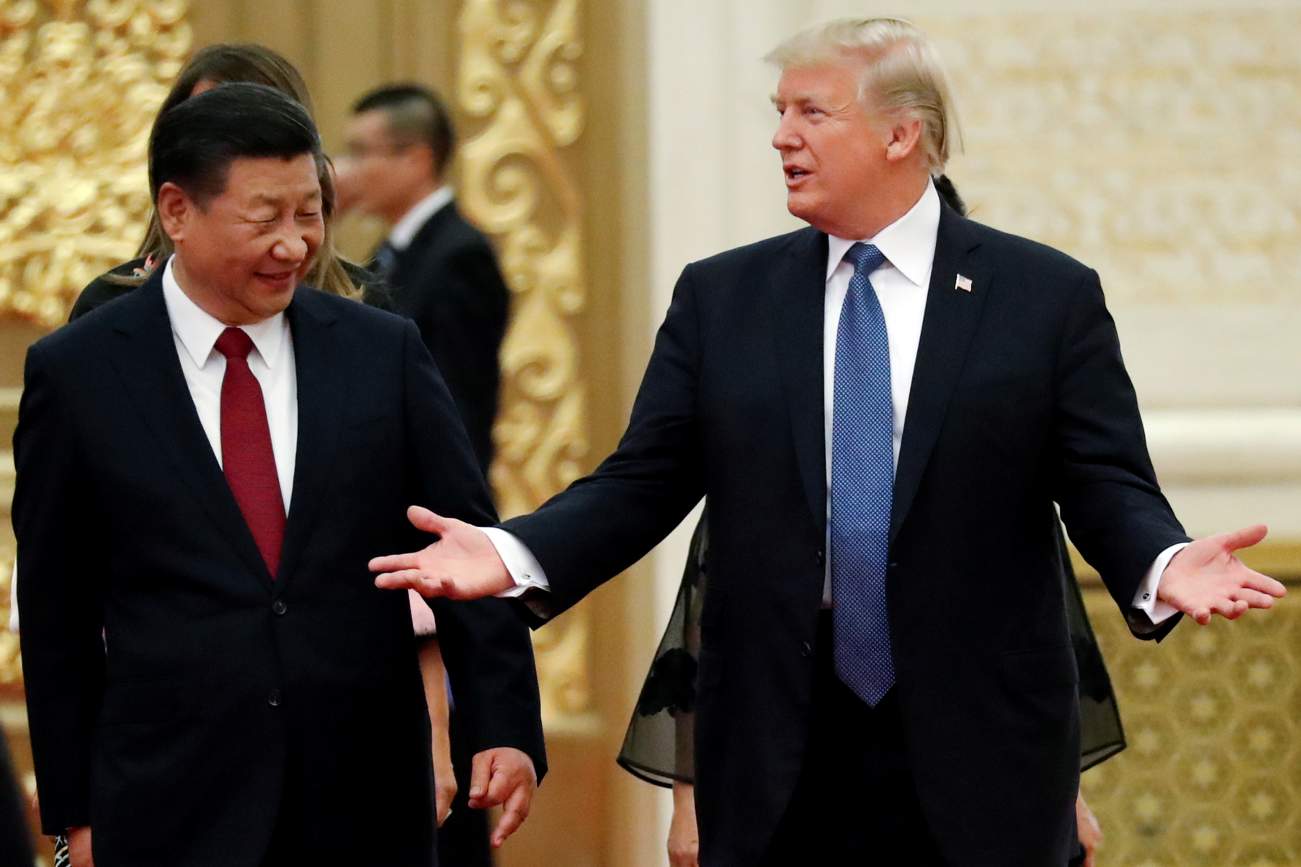by Richard Javad Heydarian
Shortly before unleashing his million-strong army on an ill-fated campaign in European soil, Xerxes confidently rebuffed the misgivings of his cautious adviser, Artabanus, who seemed unsure about the viability of the ambitious second Persian invasion of Greece. Filled with the fire of megalomaniac ambition, the Persian emperor emphasized the value of decisiveness, arguing, “if you were to take account of everything,” you would end up “never do[ing] anything,” since it’s always “better to have a brave heart and endure one half of the terrors we dread than to [anticipate] all of the terrors and suffer nothing at all.”
Extolling the virtues of bold leadership, Xerxes, the most powerful man of his time, fervently believed that ultimately “[b]ig things are won by big dangers.” Confronting increasingly unified and strategically-nimble Greek city-states, however, he later found out that there was more danger than victory in the biggest gamble of his political life. For ancient historians, Xerxes’ failed invasion of Greece, which led to a humiliating retreat for the Persians and the subsequent rise of the Athens, marked the beginning of end for the world’s first global empire.
Much of contemporary writings on the U.S. President Donald Trump tend to portray him as essentially the modern Xerxes, who would spell the end of American primacy by embarking on misguided foreign policy campaigns based a hubristic belief in his sheer “Art of the Deal” instinct. In this light, today’s America and its strategic rivalry with China supposedly echoes the declining Achaemenid Persia against a rising Greece two millennia earlier.
To be fair, there are parallels between Xerxes and Trump. Both leaders, the most powerful men of their times, belong to what British philosopher Isaiah Berlin characterized as the “hedgehog” personality type (as opposed to the “fox”), who “relate everything to a single central vision, one system, less or more coherent or articulate, in terms of which they understand, think and feel—a single, universal, organizing principle in terms of which alone all that they are and say has significance.” (Berlin’s immortal “animal kingdom” analogy was inspired by a line among the fragments of the Greek poet Archilochus’ works, which says: “The fox knows many things, but the hedgehog knows one big thing.”)
In Trump’s case, that “single central vision” is all about winning and domination of rivals and opponents. As the leader of the world’s most powerful nation, in an anarchic world without a central authority, this means nothing short of indisputable global hegemony. The problem with hedgehogs in charge of empires is, as John Gaddis pithily warned, that “with great power comes great responsibility […] but also the danger of doing dumb things.”
As Niall Ferguson points out , practically the whole scholarly and think tank establishment has portrayed Trump, in varying shades, as an unhinged populist who isoverseeing the destruction of the American-built liberal international order with gusto. In his latest book , Bob Woodward has characterized the White House as dominated by uncouth nationalists, who are “trying to make policy on a string of one-sentence clichés,” while the top generals in Trump’s cabinet reportedly see him either as a “fifth or sixth grader” or “an idiot.”
As frightening as that image of a vindictive American unilateralism under Trump may look like, the U.S. president, however, has had, so far, three unexpectedly positive effects in the context of Asia, where China has embarked on an irrepressible march for domination.
Peace Through Strength
The first positive impact of Trump’s unorthodox “hedgehog” approach to global politics, particularly in Asia, has to do with China. So far, Trump has created an optimal margin of unpredictability, which has thrown offthe leadership in Beijing. In fact, the Chinese leadership has openly bemoaned “confusing” signals from the White House, reflecting their growing sense of vulnerability and desperation to get things right.
While predictability matters in terms of long-term strategy and is central to credible global leadership, a certain dose of unpredictability, if properly deployed, can bring about significant tactical advantages. This is better known as the Madman Theory , or as Obama put it, the “crazy Nixon” approach , given the former American president’s risky strategic gambles in Southeast Asia and vis-à-vis China and the Soviet Union, which ultimately strengthened Washington’s hand by reshuffling the regional strategic configuration.
With Trump throwing in an unexpected level of unpredictability into the picture, the Chinese leadership has been forced to go back to the drawing table. Long accustomed to the “fox” type of American leadership, particularly in the case of the cerebral Obamawho was known for long pondering his every move often to the point of seeming indecision, China managed to correctly guess the coordinates of Washington’s strategic resolve.
This was particularly the case in the South China Sea, where Chinese president Xi Jinping moved ahead, beginning in late 2013, with massive reclamation and militarization of disputed land features based on the correct assumption that the ever-cautious and calculating Obama administration wouldn’t risk a military escalation to draw the line in the waters. A year earlier, China also anticipated inaction by Washington when it moved ahead with ejecting the Philippines, an American treaty ally, from the Scarborough Shoal after a months-long naval standoff between Manila and Beijing.

No comments:
Post a Comment